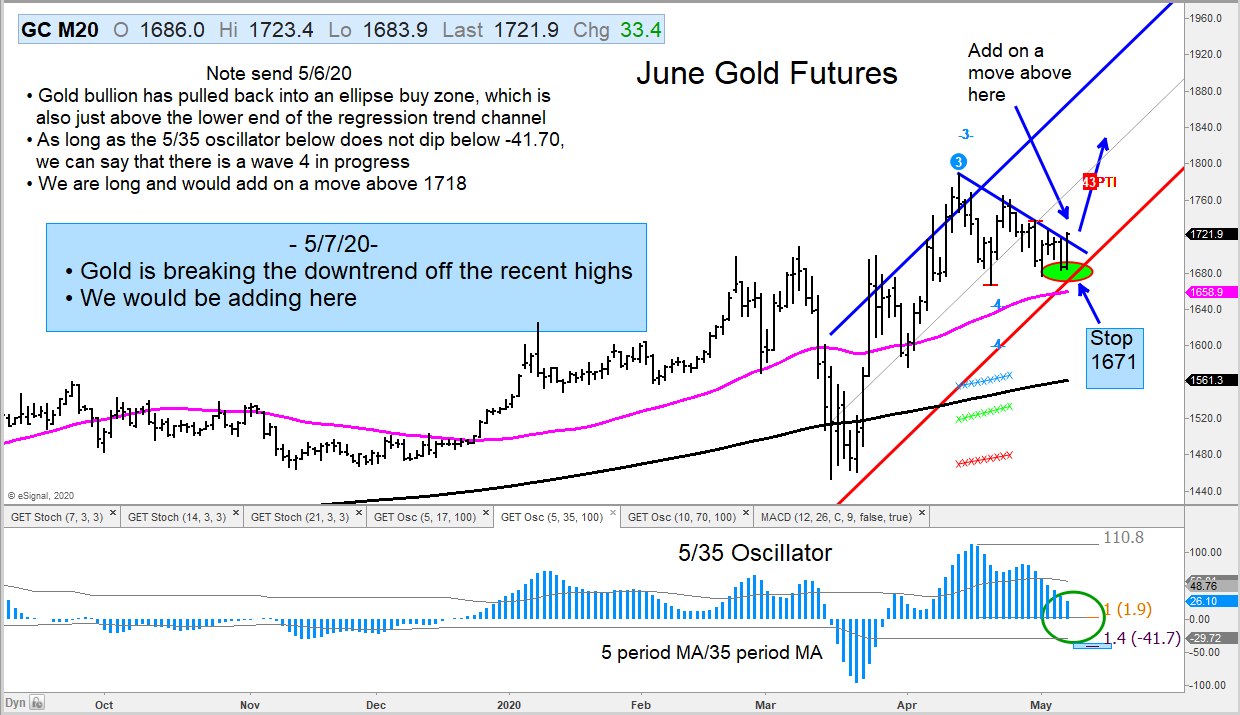Gold futures trading is a popular way of speculating on the future direction of the price of gold. Gold is usually bought and sold in the form of bullion or coins, which are also traded on the futures exchange market. This type of trading involves risks, but for those who are well-informed about gold and its prices, it is a safe and reliable investment that offers substantial returns.
Futures contracts are exchanges that allow the sale or purchase of goods at a later date for a pre-decided price. Futures contracts are traded between two parties that are not necessarily two individuals: they may be companies, banks or other financial institutions, or even governments. A buyer is a person who purchases gold bullion or coins and holds the right, without permission, to sell or buy additional gold at a fixed price, once the contract is settled. Once the buyer purchases the gold, he or she then becomes the trustee, responsible for the management and maintenance of the gold bullion. The sale and purchase of gold futures may be done through a dealer, an individual or a third-party company.
Commodity futures contracts
There are many types of trading futures contracts, each with their own set of pros and cons. Commodity futures contracts are among the most popular forms of gold futures trading, as these allow investors to speculate on the movement of underlying commodities. Examples of commodity futures contracts include oil, gold and agricultural products. Investors usually use commodity markets to diversify their portfolios and hedge against fluctuations in the value of their assets. Most commodity futures contracts are traded on the over-the-counter market, meaning that they are not controlled by any one company or investor.
Spot market futures
Spot market futures involve direct interaction between the parties to the contract. Because there are no minimum limits to the number of parties that can participate in the transaction, this form of trading has very high liquidity and can operate twenty-four hours a day. Spot market futures contracts represent a good portion of the total volume of gold futures trading in the United States. Because these contracts are not traded on stock exchanges, there are no commissions or fees associated with trading. Instead, each investor pays an amount per contract that is paid out when the spot market price is reached by the buyer. Although this form of trading does not have the high liquidity of other types of trading, it still has high profit margins and substantial tax advantages.
Over-the-counter futures contracts
Over-the-counter futures contracts even months in advance have lower commission rates than most standard long-term brokerages. Many companies even offer free tradebooks and online tools for investors. It is important to take advantage of these free tools because they provide valuable information that can be used to determine which trends are more likely to result in profitable investments. These free tools will also help investors compare historical data from previous months to determine if they are investing in a market that is profitable or not. Since there are no minimum trade sizes, small losses can quickly become large ones, so it is important to be very well informed before investing any money.
Interested in gold futures?
If you are interested in gold futures but do not have experience in this area, then you may want to consider taking lessons from an experienced investor. Most futures investors do not make a very sizable commission on their trades, but they do have years of experience. Many of these investors will mentor you, meaning they will walk you through the process of buying and selling contracts even months in advance. Even if you are still learning the ropes, an experienced investor will greatly benefit from your advice because they will be able to avoid costly mistakes and learn from their own mistakes. You will also have invaluable information that you can use as a reference when you invest in other areas.





